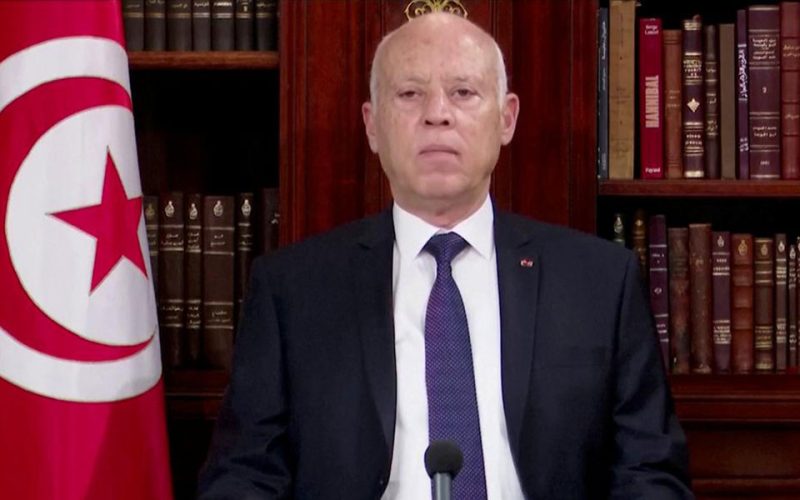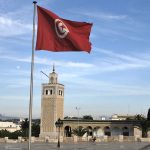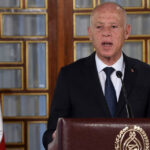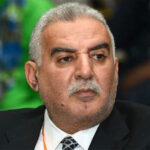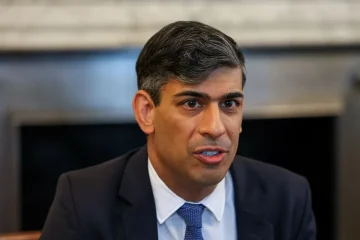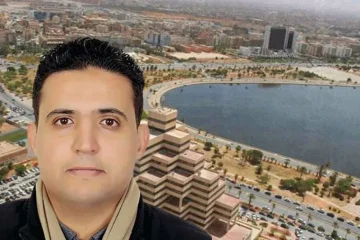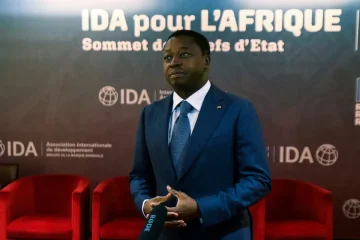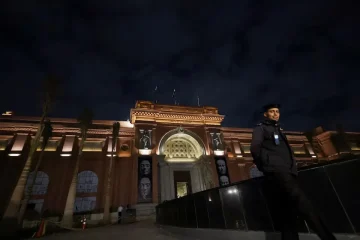MOHAMED ARGOUBI
TUNISIAN President Kais Saied has instituted transitional governing rules and would introduce a new electoral law, in a speech that came eight weeks after he seized executive power in a move his foes called a coup.
Addressing supporters in Sidi Bouzid, the crucible of Tunisia’s 2011 revolution that brought democracy and triggered the “Arab spring”, Saied also spoke against what he called strife and sedition days after the first protest against him.
Saied dismissed the prime minister, suspended parliament and assumed all governing powers on July 25 but he has yet to name a new premier or declare a roadmap for the future, raising concerns over his intentions.
He did not give any details on the transitional governing rules or the new electoral law, something that could signal preparations for elections to replace the frozen parliament.
Habib Khedher, an official in the moderate Islamist Ennahda, which is the biggest party in parliament and opposes Saied, said on Facebook that implementing transitional rules was equivalent to suspending the constitution.
This month a Saied adviser told Reuters he was planning to suspend the constitution and offer a new version to a referendum, comments that prompted immediate pushback from the powerful labour union and numerous political parties.
In a fiery speech that was often interrupted by the shouts and chants of supporters, he said his actions were in line with the constitution and added that “we are in a corrective revolutionary movement”.
A series of arrests and travel bans have prompted fears for the rights won in the 2011 uprising, and Saied said freedoms would be respected and he repeated a frequent promise since July 25 to appoint a new prime minister.
His comments came after the first protest on Saturday against his intervention when several hundred people demonstrated in central Tunis. Another protest has been called for this Saturday.
However, his moves have so far proven popular after years of economic stagnation and political paralysis that had made the governing elite, principally the parliament, deeply unpopular.

